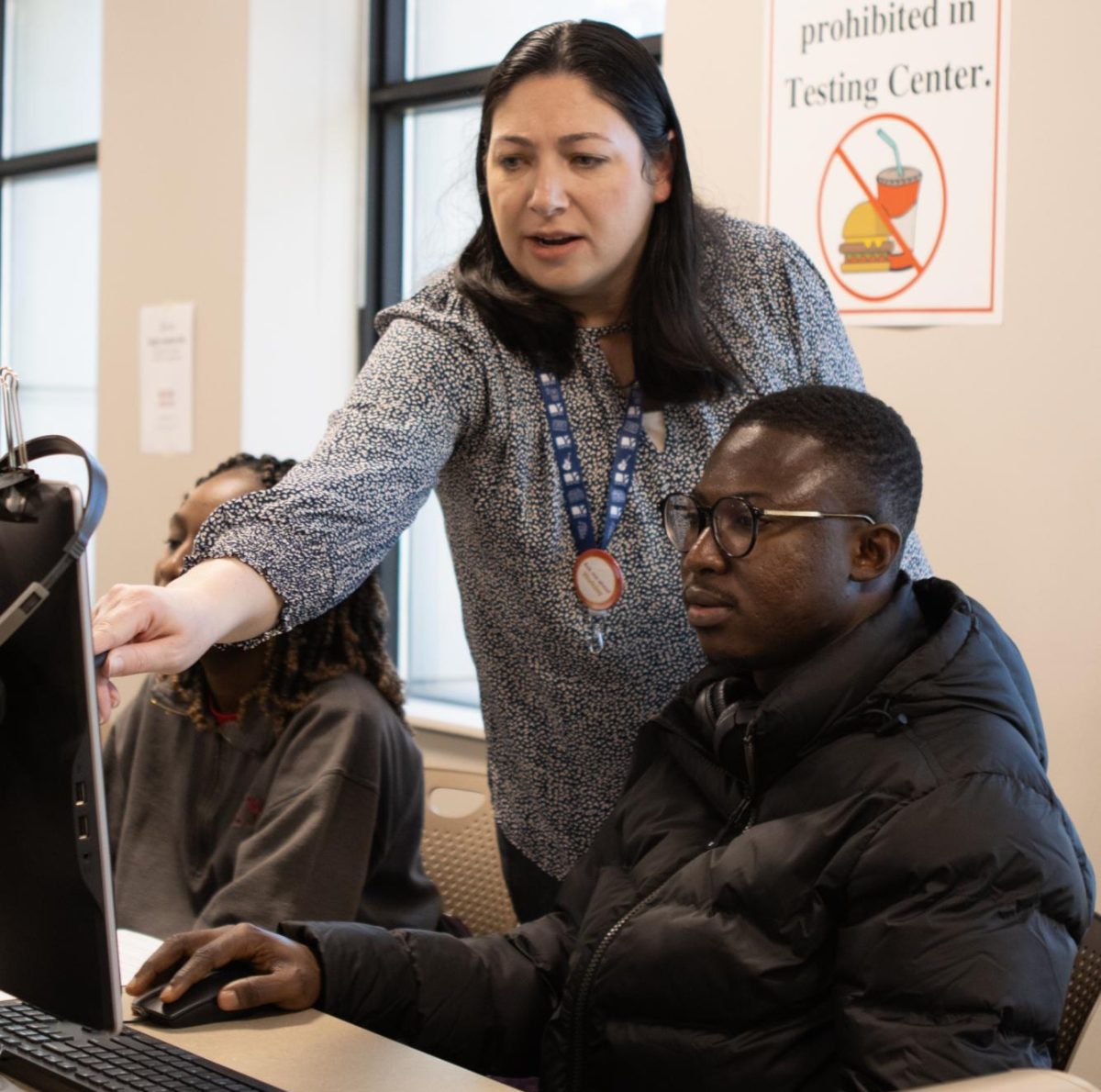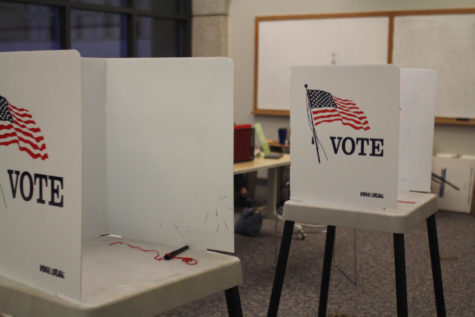Your guide to using the media
July 7, 2017
The media nowadays is chock full of conflict and political bias. Both sides of the political spectrum accuse the other side of only exposing themselves to fraudulent news and clickbait.
While no media outlet is perfect, it is important to understand how the media works and the purpose of the media to get the real story.
Knowing the process of how news is produced to political bias of the outlets you’re exposed to and how to interpret the message that is being sent
One important thing to understand about the American media is that we have the First Amendment. This protects our freedoms of speech, press, petition, religion and assembly. This is especially true of social media. AKA this means people can say whatever they want legally (for the most part). Take that into consideration when you’re exposed to media.
This leads us into the comment section. Avoid this unless you want to get your blood boiling. Gone are they days of a comment section simply praising a photo or video. Now the comment section is simply a war zone for people to argue with others about things, usually completely irrelevant to the actual media they’re commenting on.
When you post a comment, you are agreeing to others disagreeing with your opinion. Others almost certainly disagree. If you are looking to avoid conflict, it is best to steer clear of the comment section entirely.
Another important thing to remember are the codes of ethics that journalists follow. Ethics are not the difference between what is legal/illegal, but rather what is moral/immoral. Many media outlets require their employees to agree to various codes of ethics, such as the Society of Professional Journalists Code of Ethics.
These ethics include things such as reporting accurate news, identifying sources, holding those in power accountable for their actions and avoiding undercover work, among others.
Next step is to find where a particular media outlet lies on the political spectrum. It is important to expose yourself to media on the opposite side of the spectrum as well as your own.
This exposes you to both sides of the argument, and can open your eyes to facts that may not be emphasized by other media sources. You may also hear arguments that you may have never heard before.
This also takes patience. No matter what beliefs you may have, hearing opposing opinions is frustrating. Listen and try to understand why they think what they think, and calmly defend your own position.
Also understand that just because you hear news that you don’t like doesn’t mean that it isn’t true. It is simply journalists informing the public of what is happening.
The media needs to have a certain level of enjoyability. If it’s boring or seems uninteresting, then why read it? This usually results in headlines that commonly get called “clickbait.” Simply ask yourself, “is it really non-factual? Or is it huffed up a bit so I’d actually click on it.” Clickbait does exist, sometimes it is simply a misinterpretation.
This brings us into the next point. Understanding the message. Communication can be very ambiguous. The meaning of a phrase can change with the inflection of voice, punctuation and syntax. This is why it is important to analyze the message behind what you’re reading and not just how it was expressed. Is there a metaphor or cultural reference I’m not understanding?
Reading the same story from multiple sources can help make the true facts stand out and will help you understand the facts of what actually is occurring.
The final step is to be able to analyze what you read. Sound like English 250? There’s a reason you took that class. Critical thinking is the most important part of being able to navigate the media. Question everything you read, but don’t be quick to assume it is fraudulent. Compare other media sources, gather facts, and make an informed opinion after hearing the whole story.
Now that you have these methods, step away from that keyboard and don’t even go near that comment section. Enjoy your media, whether it be cat videos, politics, online games or memes. Utilize media as a tool, but understand its function in society.















